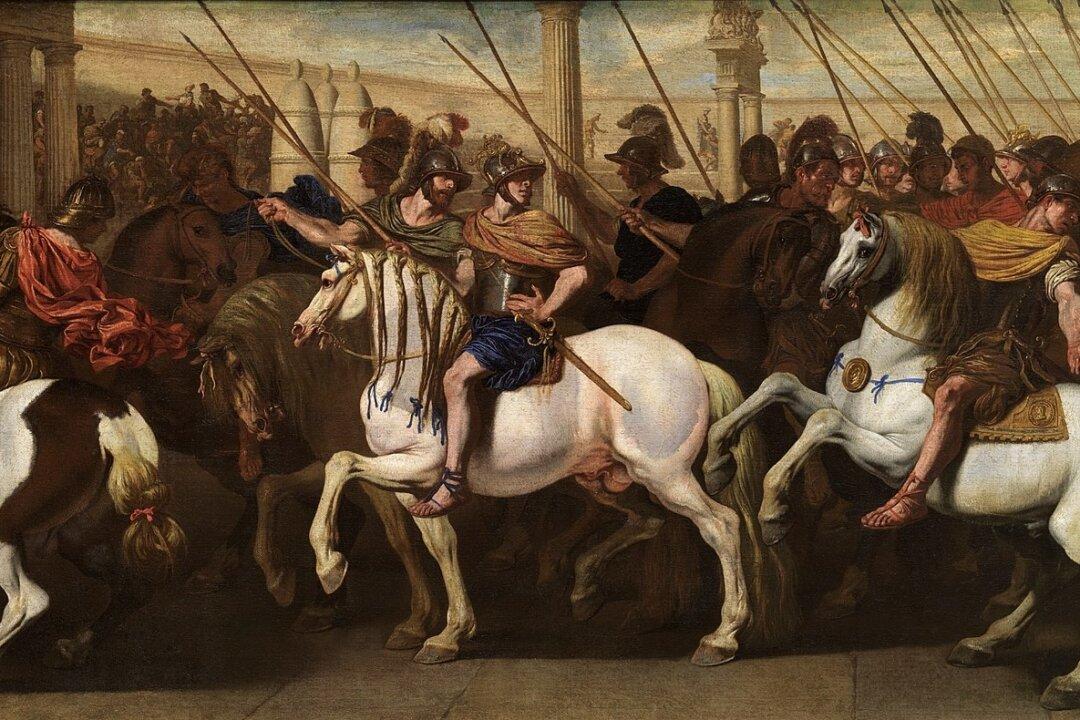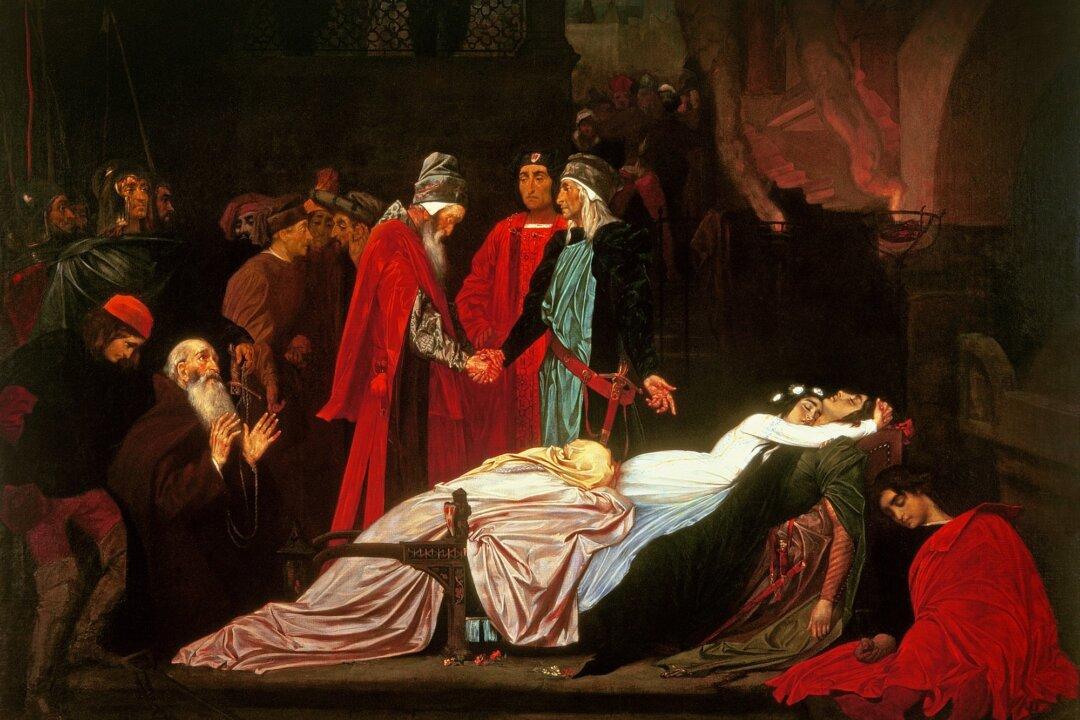Late February is a time of reckoning. It is often the crisis point for New Year’s resolutions. The novelty has worn off, and the dreary weather does not lend itself towards encouragement or renewing the struggle. All worthwhile resolutions come to this point, because resolutions always deal with cultivating a good habit, or virtue, and virtue requires not only wanting something, but also figuring out how to motivate oneself enough to overcome obstacles.
It is like undergoing strength training—first, you want strength, but then comes the actual lifting of weights. For busy people to make the time to lift weights, they require another step: planning. Making a plan and sticking to it requires cultivating other virtues like prudence and fortitude.





